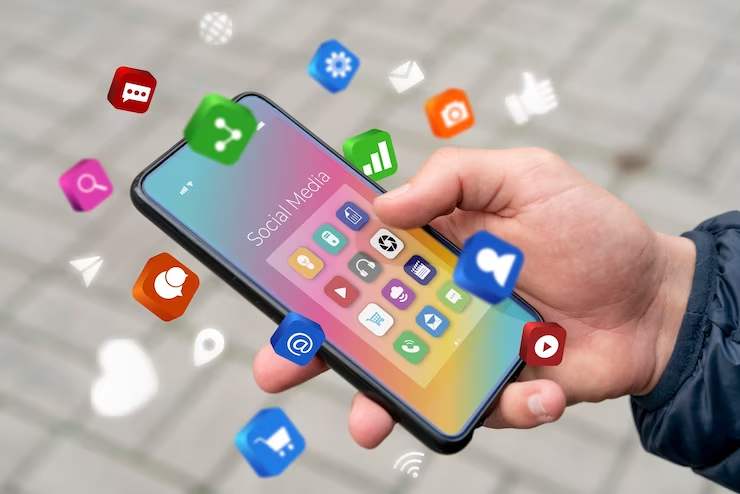Laser Book 247, Apbook, Gbets, Goldenexch99, Gold365: Mobile apps are revolutionizing the way healthcare services are accessed and provided. Patients can schedule appointments, access their medical records, and receive medication reminders right at their fingertips. This convenience not only saves time for both patients and healthcare providers but also helps in better management of health conditions.
Moreover, mobile apps contribute to increased patient engagement and empowerment. Through features like health tracking, educational resources, and remote consultations, individuals are encouraged to take an active role in their own healthcare journey. This self-management aspect fosters better communication between patients and healthcare professionals, leading to improved health outcomes and overall well-being.
Integration of Wearable Technology with Mobile Apps
Wearable technology has made significant strides in healthcare, offering users the ability to track their vital signs and health metrics in real time. By seamlessly integrating wearable devices with mobile apps, healthcare providers can access valuable data to monitor patients remotely and provide personalized care. This merging of technologies allows for continuous monitoring of health parameters, leading to timely interventions and improved health outcomes.
Moreover, the integration of wearable technology with mobile apps has empowered individuals to take charge of their own health. With the convenience of accessing their health data on their smartphones, users can make informed decisions about their lifestyle choices and track their progress towards health goals. This accessibility to personal health information fosters a greater sense of ownership over one’s well-being and encourages proactive measures to maintain and improve overall health.
Impact of Telemedicine on Mobile Apps
Telemedicine has revolutionized healthcare delivery by allowing patients to connect with healthcare providers remotely. Mobile apps have played a vital role in facilitating this transition by providing a platform for seamless communication between patients and healthcare professionals. Through telemedicine, patients can access medical consultations, receive prescriptions, and monitor their health conditions using mobile apps, leading to increased convenience and accessibility to healthcare services.
Furthermore, the integration of telemedicine with mobile apps has enhanced patient engagement and compliance with treatment plans. By enabling patients to easily schedule appointments, access medical records, and receive follow-up care through mobile apps, telemedicine has improved continuity of care and patient outcomes. Healthcare providers benefit from real-time access to patient data and remote monitoring capabilities, allowing them to provide timely interventions and personalized care to patients utilizing mobile apps in conjunction with telemedicine.
What are the benefits of using mobile apps in healthcare?
Mobile apps in healthcare can improve access to medical care, provide reliable health information, facilitate communication between patients and healthcare providers, and help monitor and manage chronic conditions.
How can wearable technology be integrated with mobile apps?
Wearable technology such as fitness trackers and smartwatches can be integrated with mobile apps to track and monitor health metrics like heart rate, sleep patterns, and activity levels. This data can then be shared with healthcare providers for better management of health conditions.
What is the impact of telemedicine on mobile apps?
Telemedicine allows patients to consult with healthcare providers remotely through mobile apps, making healthcare more accessible and convenient. This can lead to improved patient outcomes, reduced healthcare costs, and increased efficiency in delivering medical care.
Additional:
- How To Play Craps In A Casino?
- How To Play Keno In A Casino?
- According To The Star Entertainment’s Reports 2.435 Billion Loss Of Australian Dollars In Casino

